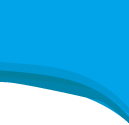Illegal drugs like cocaine make up 8-10% of world trade - only the arms trade has a bigger market value. Without taxes and subsidies to control supply, in many ways the illegal drugs market is the best example of 'free trade' today.
Go to Eye on Colombia/Drug Traffic page for background and an activity on Colombia's cocaine trade.
The images show one possible journey of cocaine, from the producers to the consumers.
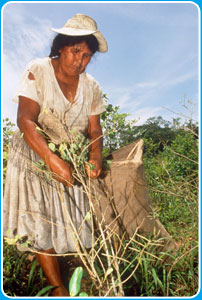
Farmers harvest coca leaves on the mountain slopes of the Andes.
© Sipa Press/Rex Features |
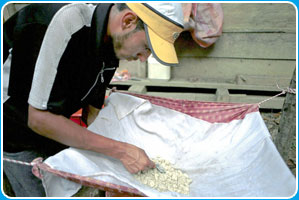
Colombian farmers turn the coca leaves into paste, ready to process into cocaine.
© Sipa Press/Rex Features |
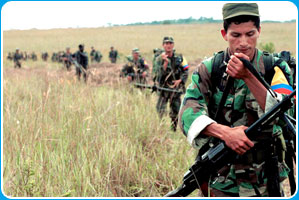
The rebel army, FARC pays for arms through the sale of cocaine.
© Sipa Press/Rex Features |
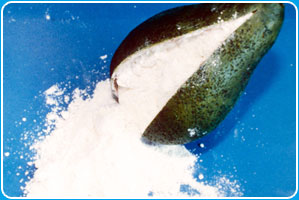
Customs officers seize cocaine smuggled in an avocado.
© Sipa Press/Rex Features |

Cocaine has become a drug of choice amongst some clubbers in Europe.
© Sipa Press/Rex Features |
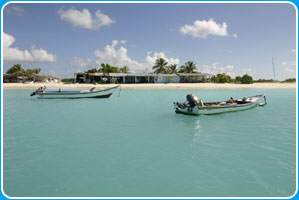
Some cocaine is smuggled out of Colombia by fishing boat to other parts of the Caribbean.
© Frederik Naumann/Panos |
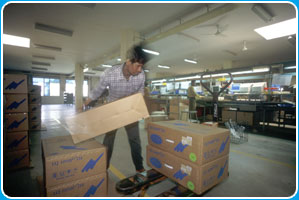
Before reaching the European market, some cocaine is smuggled by post to African countries like Nigeria and Algeria where organised crime gangs organise the trade into Europe.
© Chris Stowers/Panos Pictures |
Which parts of the world are involved in the cocaine trade?
Who are the winners? Who are the losers?
What would happen if class A drugs like cocaine were legalised?
|

